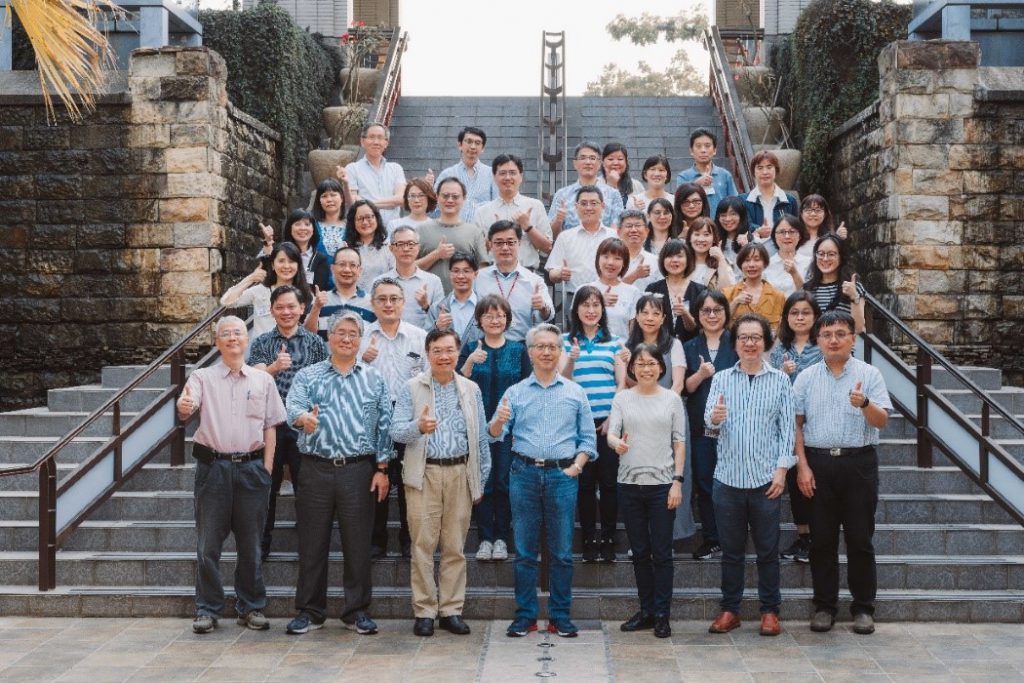The 2023 Strategic Planning Meeting (Liuying Meeting) was held in late March in Liuying, Tainan. The AS administrative team gathered for three days of intense brainstorming sessions. Discussions revolved around each unit’s goals and expectations to align with AS’s overall development objectives. The meeting also focused on devising motivation programs and performance evaluations for administrative staff, as well as fostering communication on institutional and cross-departmental issues to seek solutions and build team cohesion. Additionally, three captivating keynote speeches during the meeting highlighted the significance of embracing change and creating the future.
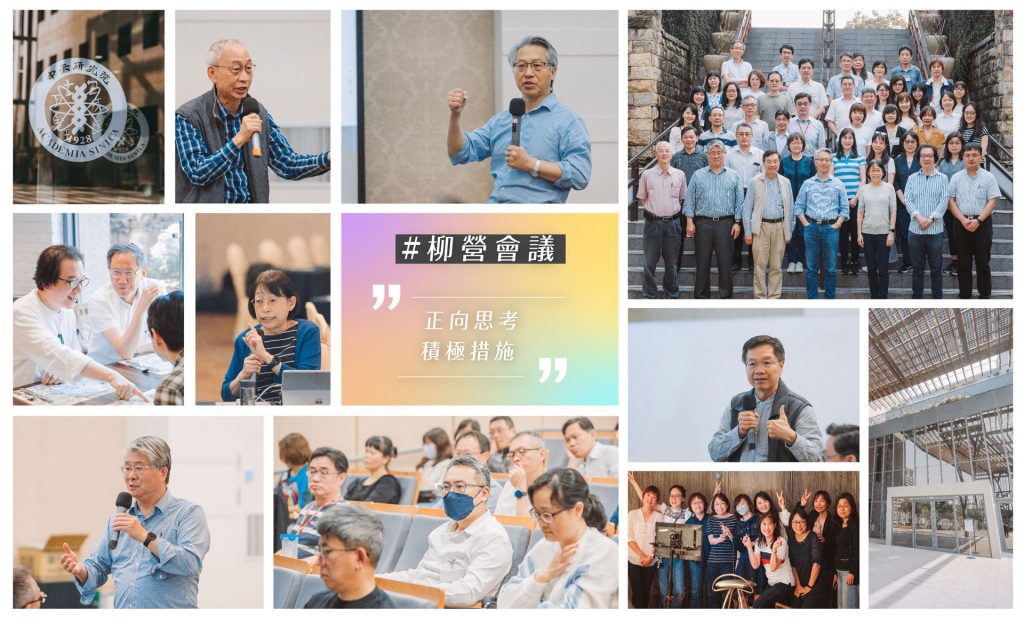
Think Positive to Take Initiatives: Taking Proactive Measures to Reach Development Goals
President Liao emphasized the importance of following up with the consensus reached in the previous meetings, namely the Tsaoshan and Shalun Meetings. Building upon the three objectives: Achieve global peaks of excellence; Fulfill social responsibilities in crucial areas; and Attract and cultivate top talent, discussions at the Liuying Meeting reviewed AS units’ daily operations to align with these objectives, and set new goals for the next three years. President Liao encouraged everyone to adopt a positive mindset, focus on the issues at hand and break through limitations imposed by educational background, gender, age, or civil servant status. Starting from solvable problems, and proceeding to develop mid-term and long-term solutions, the administrative team could take initiatives to reach AS’s development goals.
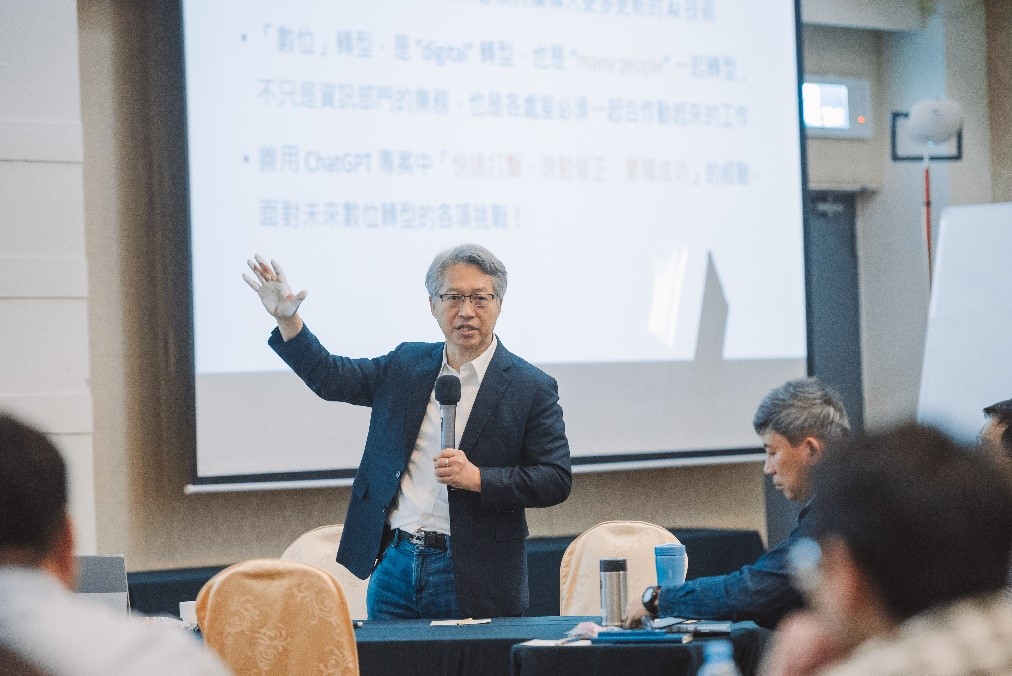
Reflecting upon ongoing global changes, Central Academic Advisory Committee Executive Secretary Kay-Hooi Khoo delivered a lecture entitled “Changes in the World in Recent Years.” He outlined the worldview of metaverse and multiverses and discussed how critical thinking enables individuals to exert influence in an ever-evolving world, providing meeting participants with a broader perspective. Following that, Director Ling-Jyh Chen from the Department of Information Technology Services shared with the topic of “Starting from the ChatGPT Project,” sharing how the institute utilizes generative AI to optimize administrative services amidst the rise of ChatGPT. Lastly, Director Chien-Chang Chen from the Department of Academic Affairs and Instrument Service gave a presentation on “Academia Sinica’s Position and Contributions.” As a major center for humanities and scientific research in Taiwan, Academia Sinica shoulders the important mission of guiding, coordinating, and promoting academic research while nurturing top academic talents.

▲Reflecting upon ongoing global changes, Central Academic Advisory Committee Executive Secretary Kay-Hooi Khoo delivered a lecture entitled “Changes in the World in Recent Years”
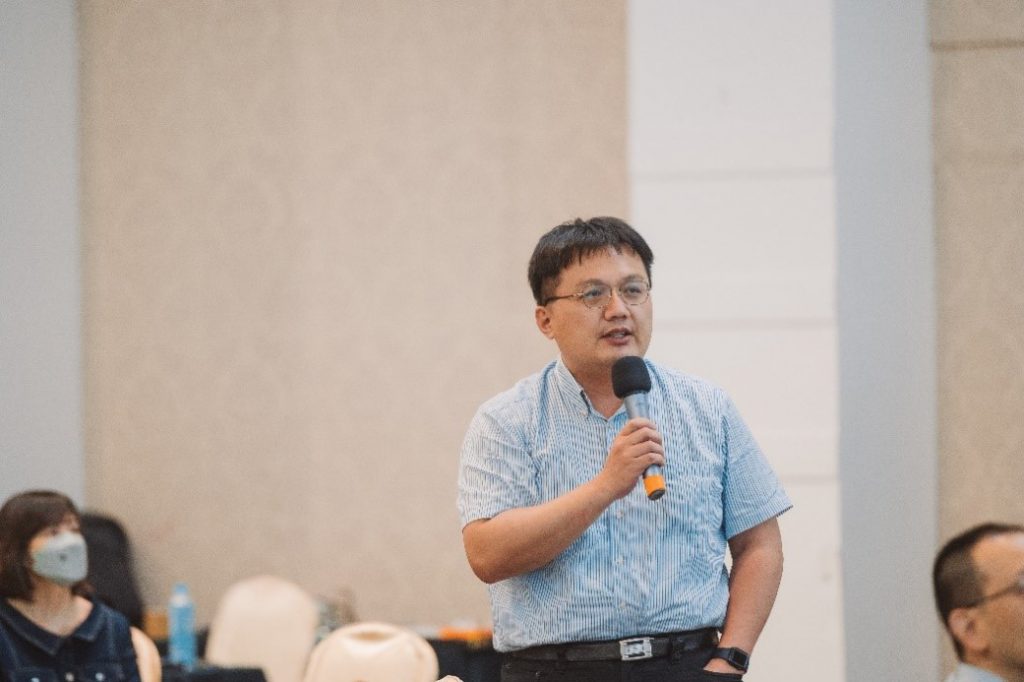
▲Director Ling-Jyh Chen from the Department of Information Technology Services shared with the topic of “Starting from the ChatGPT Project”
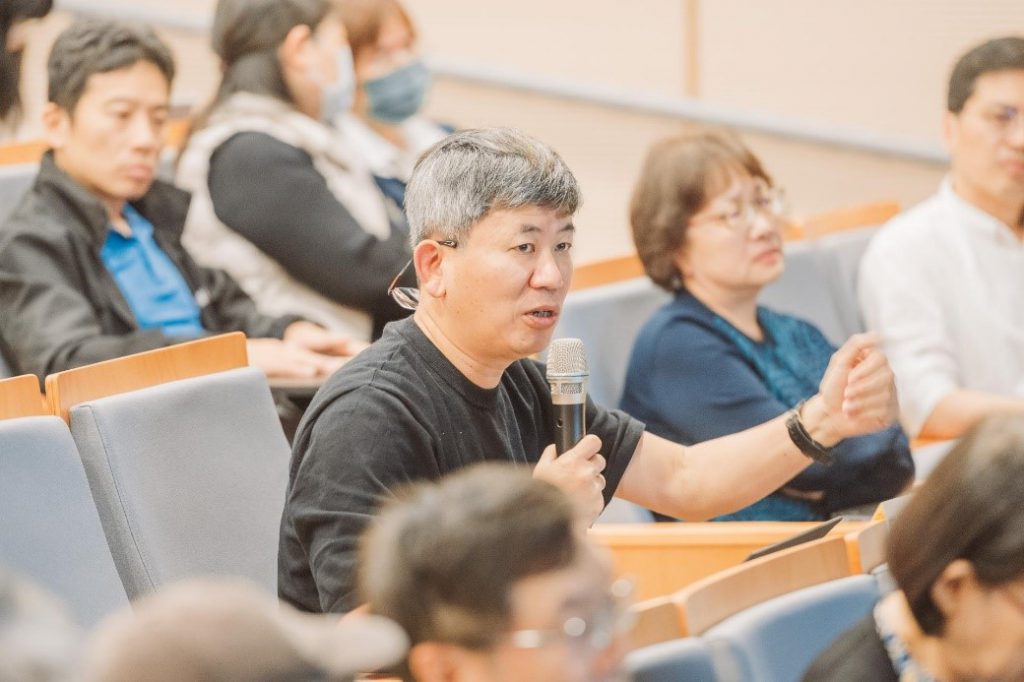
▲Director Chien-Chang Chen from the Department of Academic Affairs and Instrument Service gave a presentation on “Academia Sinica’s Position and Contributions”
On the last day, the meeting moved to the AS South Campus (ASSC) at Shalun, Tainan. Discussions continued among administrative supervisors above the level of section chief, focusing on the feasibility of work requirements, evaluation processes, and motivation programs. Participants engaged in brainstorming sessions to explore solutions for various issues. Additionally, they visited the ongoing construction of the second phase of the campus, which includes the Administration and Research Building and several large meeting rooms. In addition to the existing Academia Sinica Biotechnology Center in Southern Taiwan (AS-BCST), ASSC is expected to house quantum and energy research teams in the second half of this year, and gradually form a research cluster with neighboring academic and research institutions to bring forth new possibilities for the future.
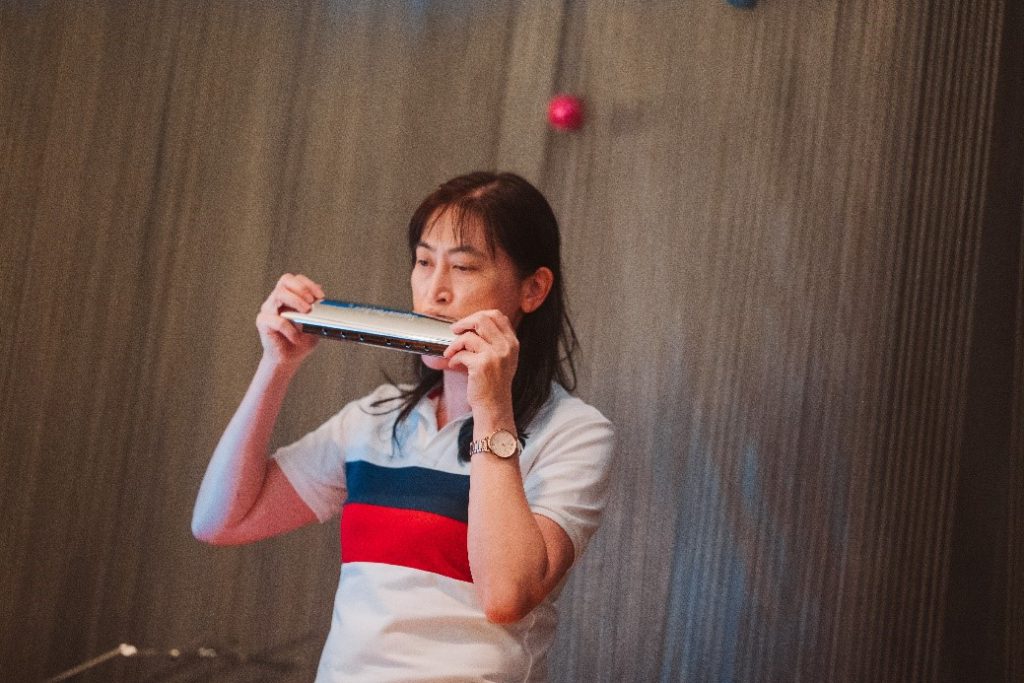
▲Director Yi-Jun Lin from the Personnel Office has rekindled her interest in playing the harmonica.
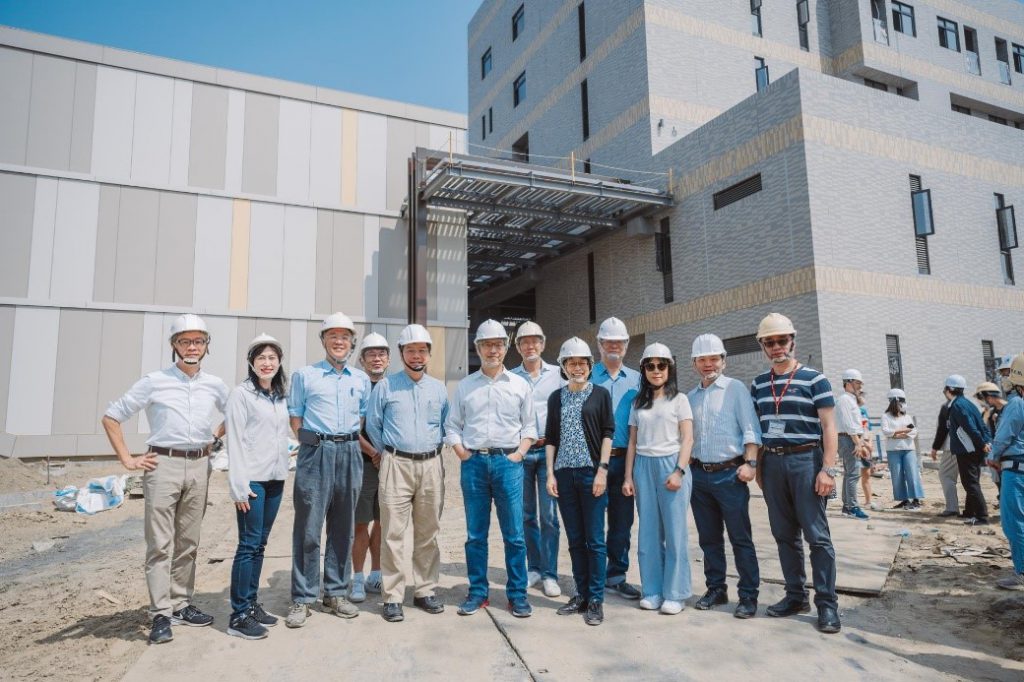
▲The hardware facilities at the Southern Campus are about to enter the second phase of construction.
